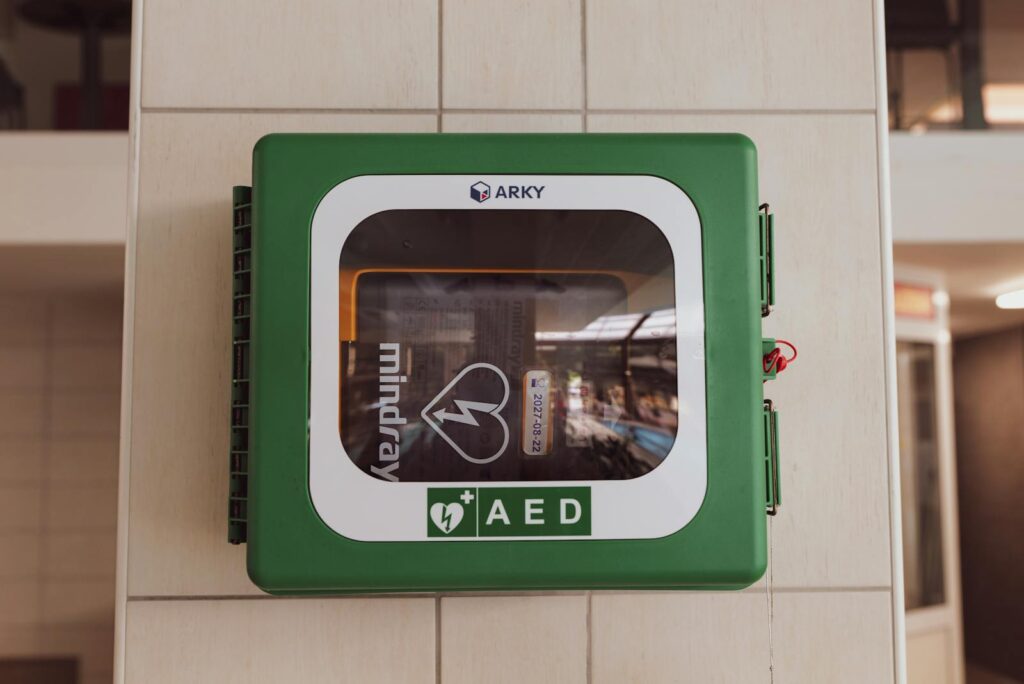Croatia offers a universal healthcare system, ensuring that all residents are provided with mandatory public health insurance. The primary health coverage, known as obvezno, is mandated by law and managed by the Hrvatski zavod za zdravstveno osiguranje (Croatian Health Insurance Fund), or HZZO. In addition to this basic plan, residents can opt for supplementary insurance known as dopunsko and dodatno.
The Croatian healthcare system is grounded in the principles of solidarity and reciprocity. This means that contributions to healthcare are based on individual financial capacity, while services are provided according to healthcare needs.
Key Topics Covered:
- Mandatory Participation in Health Expenditures
- Types of Health Insurance Available
- Healthcare System Administration
- Role of the Ministry of Health
- Understanding HZZO
- Finding a Family Doctor in Šibenik
- Functioning of the Healthcare System
- Healthcare Costs in Croatia
Mandatory Participation in Health Expenditures
In Croatia, having health insurance is essential and not free of charge. All citizens and residents are required to contribute to healthcare expenditures. However, certain groups are exempt from costs, including:
- Minors under 18
- Dependents unable to live or work independently
- Families of deceased or missing military members
- Disabled veterans of the armed forces
Note that mandatory health insurance does not cover elective procedures such as plastic surgery, experimental treatments, or costs related to personal beliefs regarding reproductive health.
Types of Health Insurance in Croatia
Croatia’s health insurance comprises three main types:
- Obvezno zdravstveno osiguranje: This is the essential public health insurance required for all residents. EU citizens with state health insurance from another EU/EEA country are exempt.
- Dopunsko zdravstveno osiguranje: This optional insurance, available through HZZO or private providers, reduces co-payments for various medical services.
- Dodatno zdravstveno osiguranje: This is private supplemental insurance that covers a broader range of services, including specialist visits and advanced treatments.
Administration of the Healthcare System
The Ministry of Health oversees the Croatian healthcare system, handling policy, public health programs, and healthcare investments. The Ministry of Finance also plays a crucial role in managing the healthcare budget.
Healthcare institutions include:
- Clinical Hospital Centers
- General hospitals
- Clinics
- Polyclinics
- Specialized hospitals
Both public and private healthcare providers contribute to the system, with ownership shared between the state and regional authorities.
Responsibilities of the Ministry of Health
The Ministry is tasked with:
- Managing disease prevention and public health safety
- Regulating healthcare construction and investments
- Overseeing health institutions and professionals
- Ensuring safe food and products
- Supervising pharmaceuticals and medical practices
Understanding HZZO
The Hrvatski zavod za zdravstveno osiguranje (HZZO) is the key public institution managing health insurance in Croatia, established in 1922. It has numerous regional offices where residents can resolve administrative issues related to their health coverage.
Finding a Family Doctor in Šibenik
A family doctor, or doktor opće medicine, is the primary healthcare provider. Residents are usually assigned a doctor based on their residence, but they have the option to choose their own family doctor from a list. If dissatisfied, residents can change doctors once a year by following a straightforward process involving a form submission.
Please visit :
Doma zdravlja Šibensko-kninske županije: http://dz-sibenik.hr/
Functioning of the Healthcare System
To access healthcare services, a general practitioner referral, known as uputnica, is necessary. This referral system is crucial for receiving specialized care, and since 2020, referrals are issued electronically through the e-Građani platform.
Healthcare Costs in Croatia
Mandatory health contributions are deducted from salaries, and self-employed individuals must pay their own health insurance contributions. All residents must maintain obvezno insurance, regardless of whether they opt for private healthcare. Premiums are consistent across residency status but can change based on HZZO regulations.
For more information tailored to your specific circumstances, it’s advisable to consult directly with HZZO or local healthcare resources.
Disclaimer:
Please note that this blog is not an official website. The information provided is for informational purposes only and may contain errors or inaccuracies. We do not take responsibility for any mistakes or omissions and cannot be held liable for any consequences arising from the use of this information. For official information, please refer to the appropriate sources. Thank you for your understanding!
4o mini






